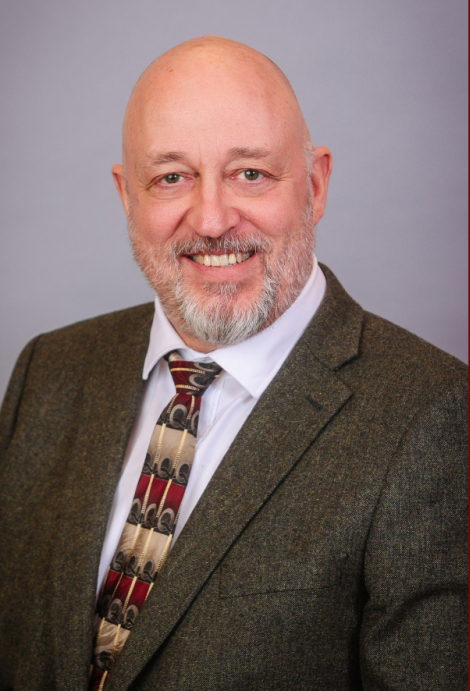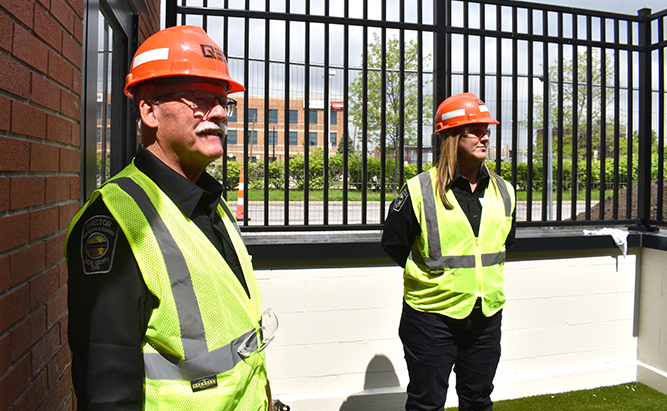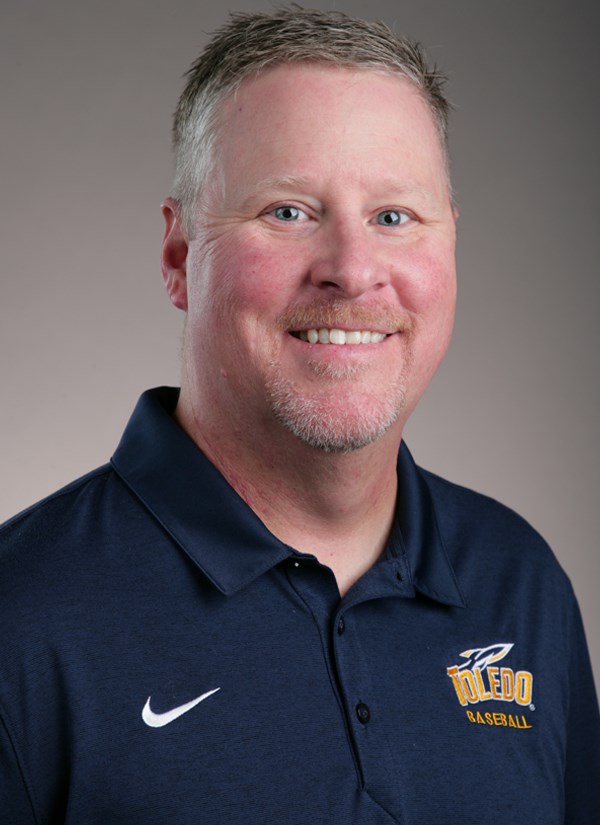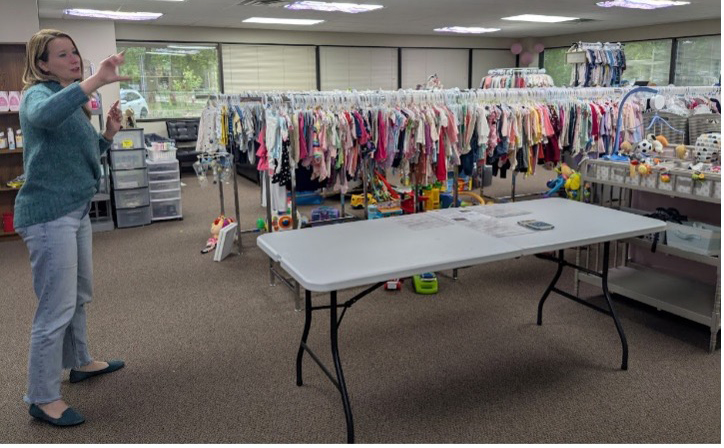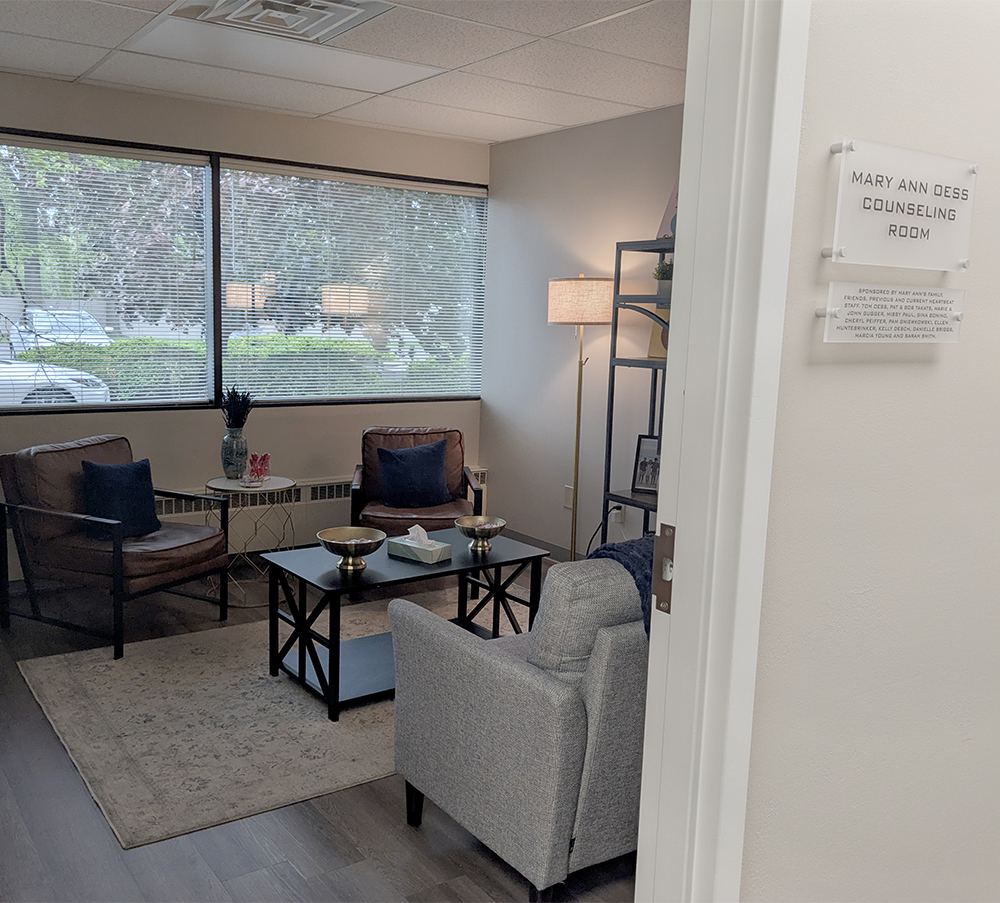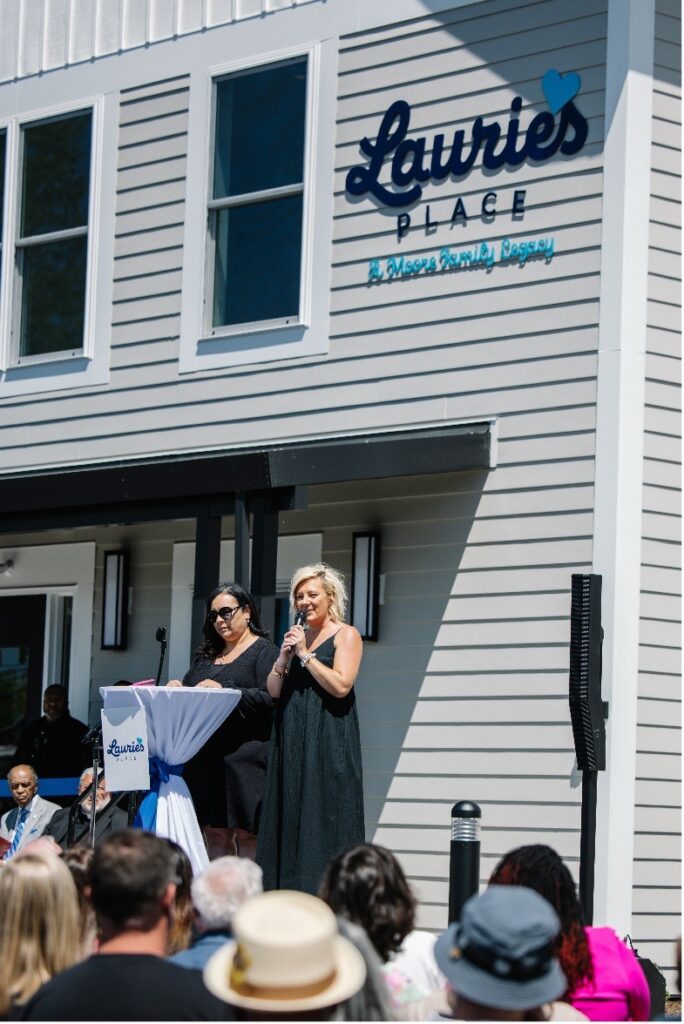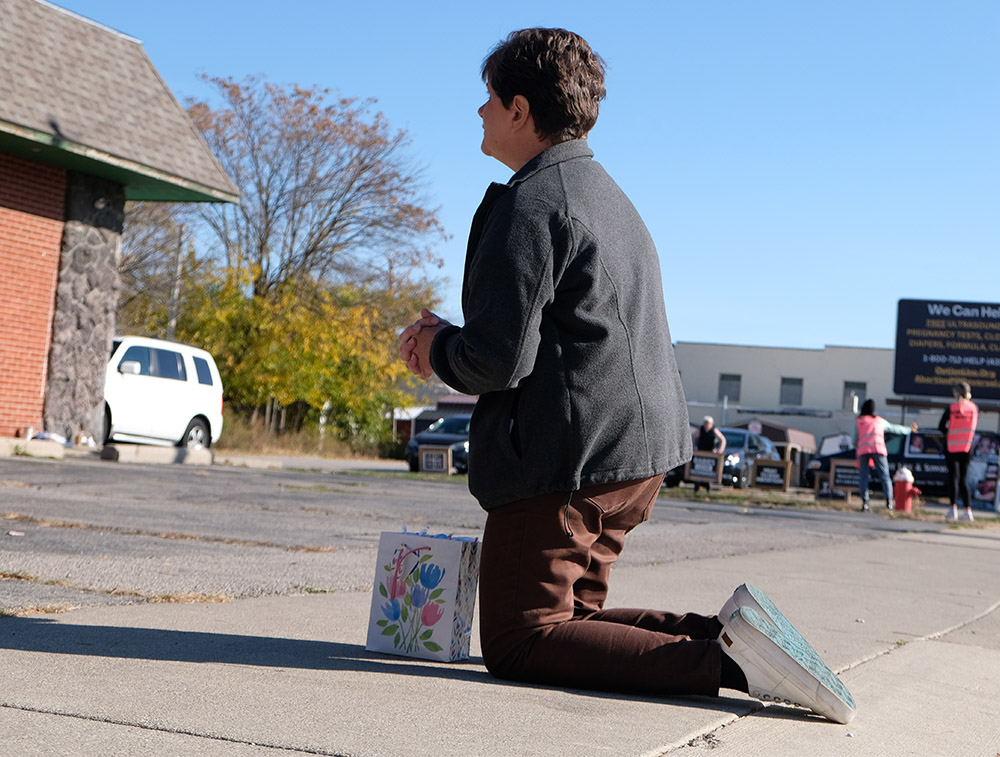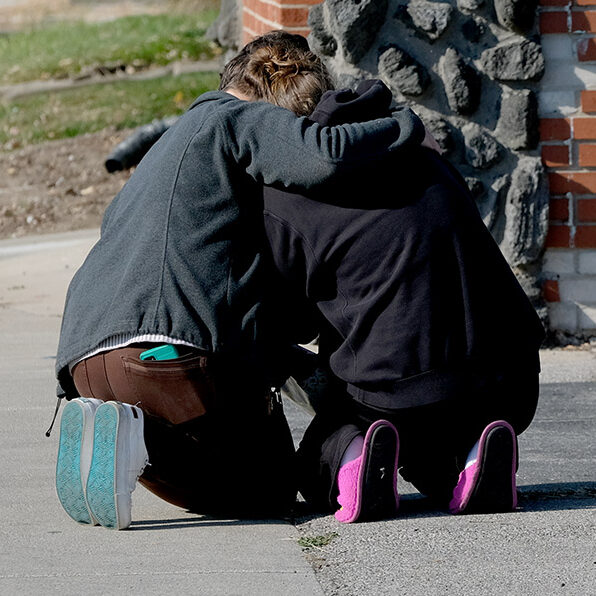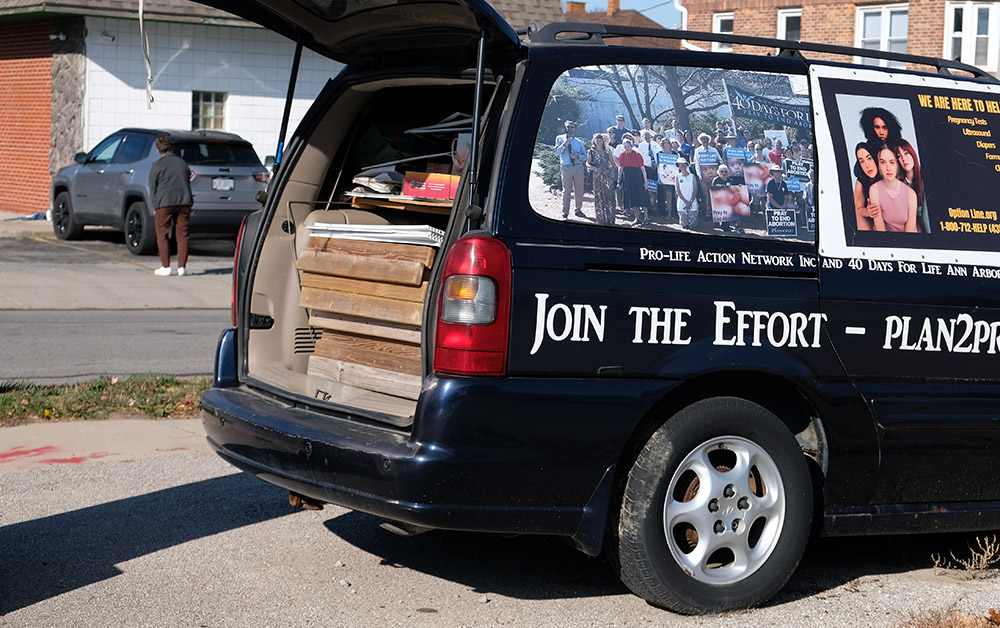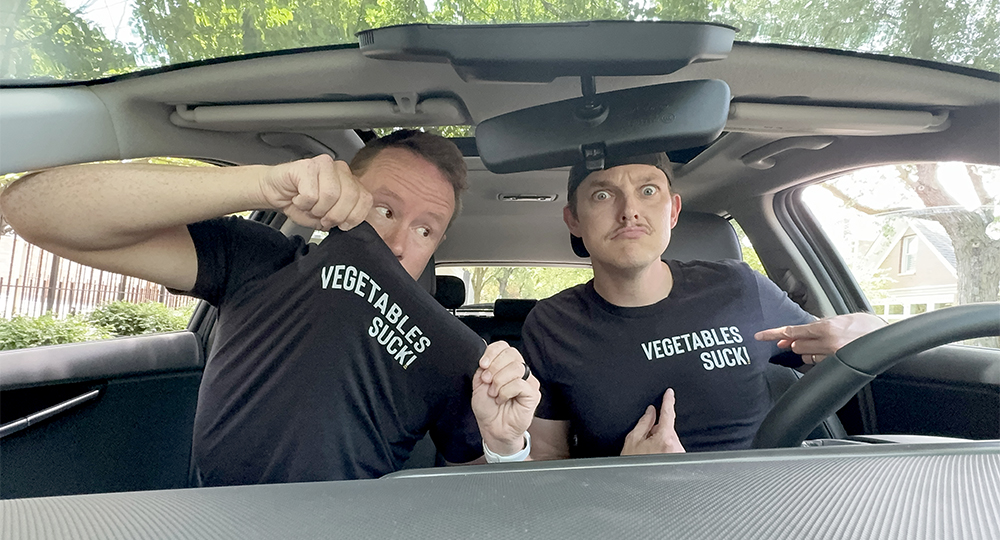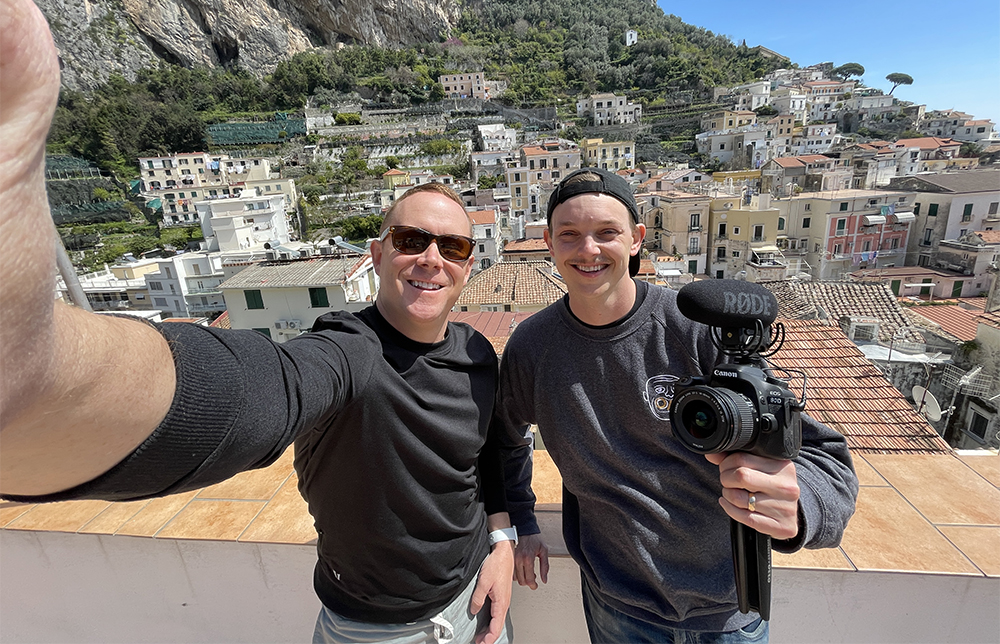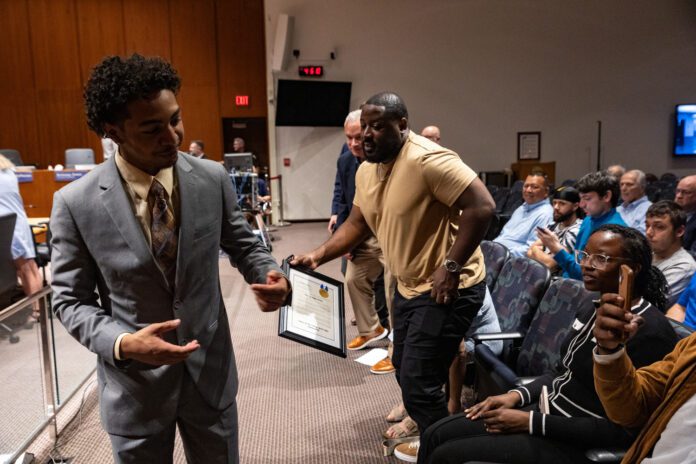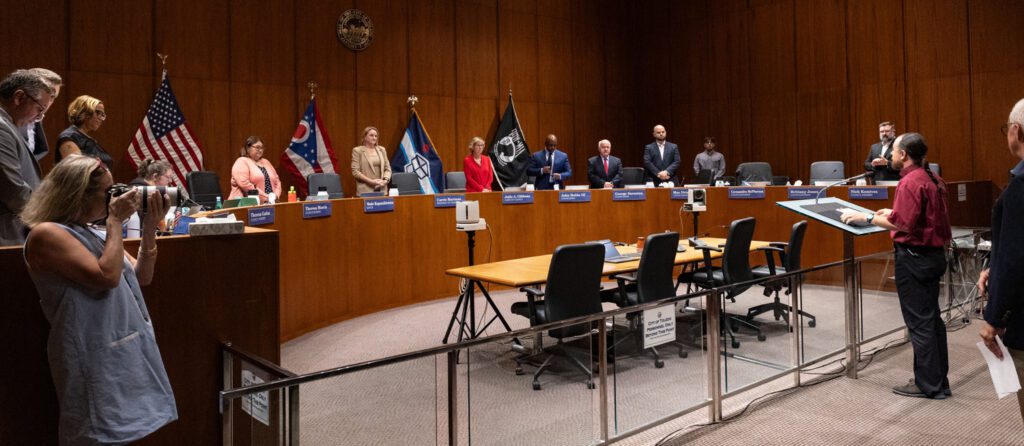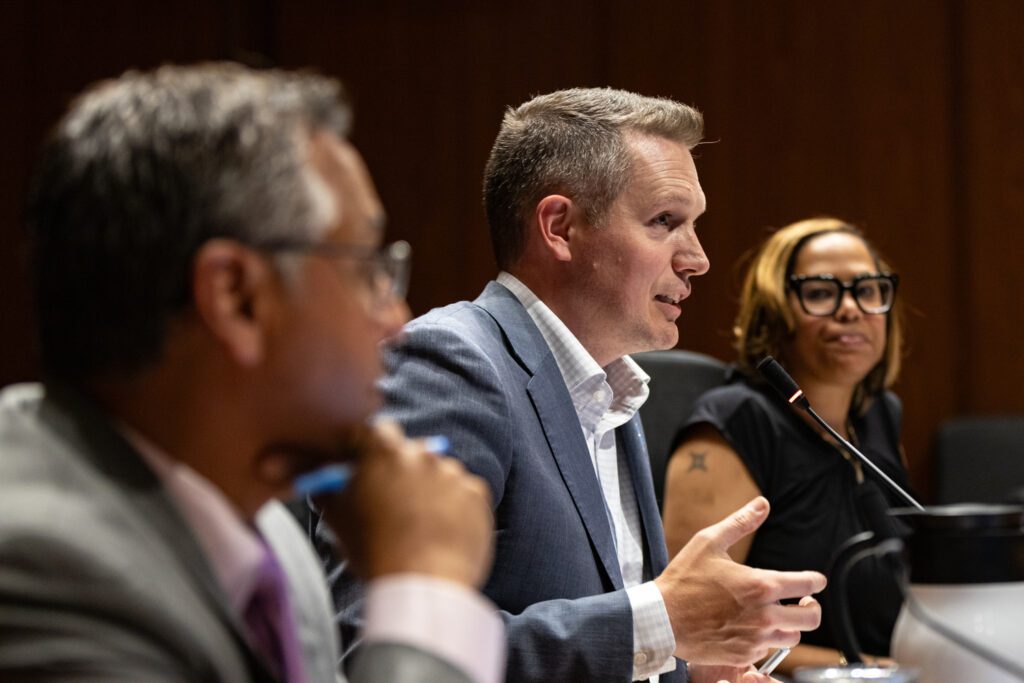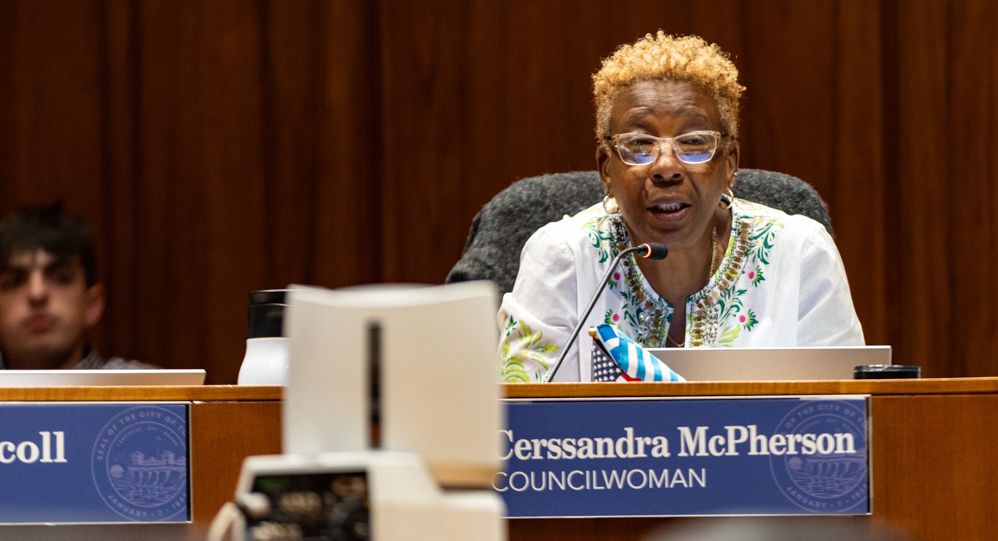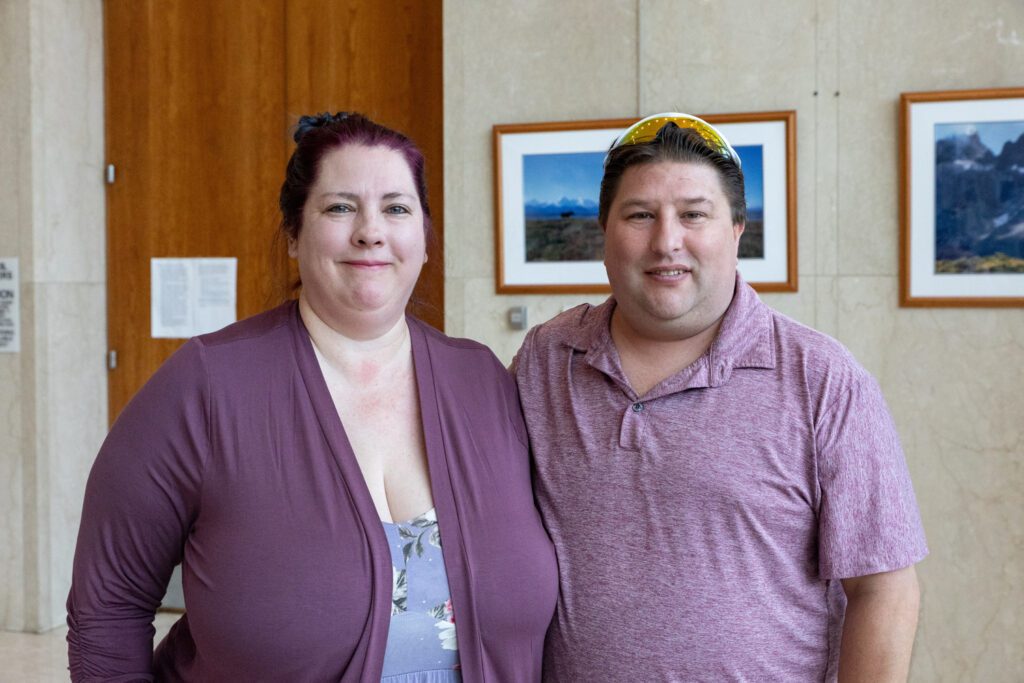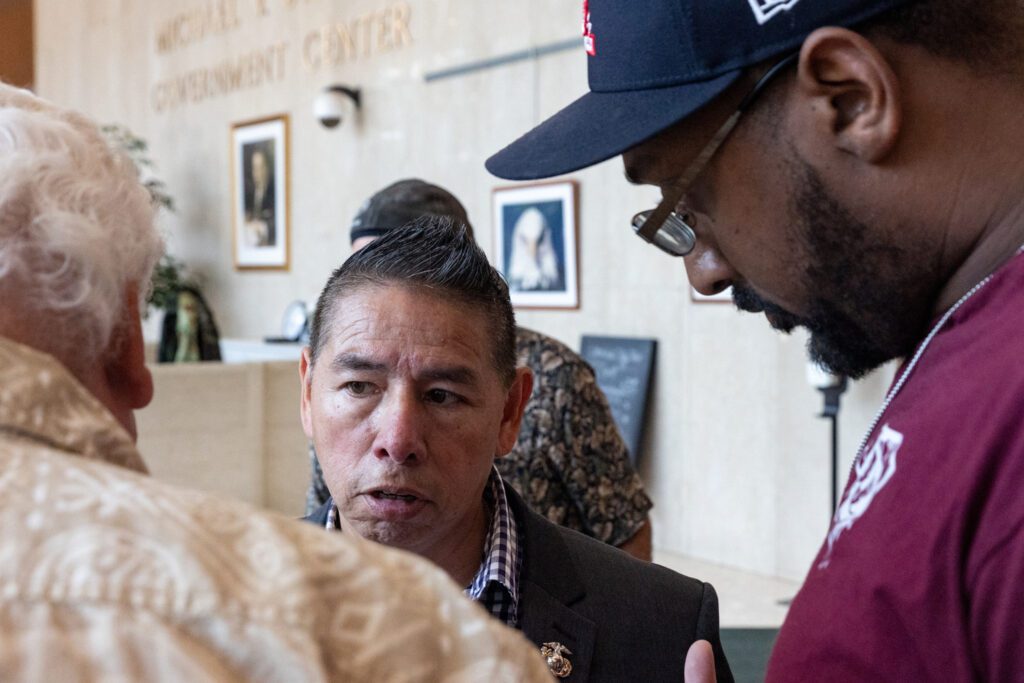This story was originally published by Signal Statewide. Sign up for free newsletters at State Signals. Statewide is a media partner of the Toledo Free Press.
By Jake Zuckerman | Signal Ohio
OHIO – Ohio’s Medicaid program could not by law cover the costs of gender affirming mental health care for transgender adults under the currently proposed version of the state budget.
Medicaid, the state and federally funded health insurer for 3 million low-income Ohioans, would be unable to pay for any mental health services that “promote or affirm social gender transition” if the budget becomes law as written.
The Senate still needs to finalize its version of the legislation, negotiate its changes with the Ohio House, and win approval from Gov. Mike DeWine, who can veto individual line items at his discretion.
The provision marks a significant escalation in the Republican supermajority’s years-long campaign of restricting rights, recognition and health care access of transgender people. Republicans have focused their rhetoric around the bills in terms of “protecting” children from “experimental” health care or unfair athletic competition involving transgender people.
But the latest budget language goes as far as restricting widely accepted health care options for consenting adults.
Both the Medicaid program and the private companies that provide care to its enrollees must follow state and federal laws, according to department spokeswoman Stephanie O’Grady.
“Current policy and billing codes do not indicate mental healthcare for social gender transition is being covered by Ohio Medicaid,” she said.
She didn’t respond to follow up questions.
Gender affirming mental health care is similar to traditional therapy, with the caveat that practitioners encourage patients to define their own gender identity without judgment or efforts to change it. A 2022 study of 104 transgender youths (aged 13-20) from the Journal of American Medicine found gender affirming mental health care was associated with lower odds of depression or suicide, findings that align with prior research. The practice is accepted by, among others, the American Psychiatric Association and the American Psychological Association.
A spokesman for Equitas Health, a major provider serving the LGBTQ community in Ohio, declined an interview or specific questions about Medicaid coverage of mental health care. But he provided a statement from CEO David Ernesto Munar.
“We ask everyone who supports our patients and communities to immediately raise their voices,” he said in the statement. “Tell elected officials that our communities need the services that organizations like Equitas Health offer. We cannot afford to turn our backs on the patients and clients who need us most.”
Budget also cuts shelter funds for transgender youth
The new health insurance rules come within a budget that contains at least five separate provisions that either limit transgender people’s access to social services, block them from legal recognition, or sequester books “related” to them.
The budget prohibits any state funds flowing to homeless shelters for children “that promote or affirm social gender transition.”
The language doesn’t specify which specific facilities might lose funding to house the estimated 25,000 homeless students enrolled in Ohio schools. The LGBTQ Center of Greater Cleveland advertises homelessness response and housing services on its website. A spokesperson there couldn’t be reached for comment.
Kaleidoscope Youth Center provides a range of social services for LGBTQ kids in Columbus, including behavioral health and housing. Director Erin Upchurch said the organization is currently housing 19 people, but unrelated budget cuts are set to decrease that figure to 10 by the end of the month. She doesn’t believe Kaleidoscope will be affected (its clients are usually aged 18 to 24) by the youth homeless shelter rules.
Regardless, she said the budget is a showing of “unchecked extremism” and a rising tide of anti-transgender legislation from the statehouse.
“It’s cutting off lifelines to basic human needs, housing and medical care,” she said in an interview. “We’ve seen over the years how this is escalating.”
Government ID, adults-only reading sections for LGBTQ titles
The budget contains a grab bag of other anti-transgender provisions.
For one, it requires all public libraries in Ohio to place material “related to sexual orientation or gender identity or expression” into a section of the library that’s not open to minors.
The language is vague enough to potentially wrap classic literary titles into its folds. For instance, “The Color Purple” by Alice Walker, involves a romantic relationship between two women; “And the Band Played On” is a critical nonfiction account of state and federal governments’ failure to prevent the AIDS epidemic among gay men in the 1980s; and the main character in the teen classic “Catcher in the Rye” has a brief, nonsexual interaction with a young prostitute.
Under the budget, some librarians may feel obligated to remove these works from general circulation sections and tuck them away in adults-only rooms. Critics of the idea say this suggests to children there’s something wrong or lewd about depictions of gay or trans people.
Michelle Francis, executive director of the Ohio Library Council, asked that it be removed from the budget.
“We feel parents know what is best for their children and consider this an unfunded mandate,” she said in written testimony to lawmakers.
Lastly, the budget requires that driver’s licenses or birth certificates reflect transgender people’s sex assigned at birth, not any assumed gender identity. And more broadly, the budget states that it “establishes state policy recognizing only two sexes, male and female, which are not changeable and are grounded in fundamental and incontrovertible reality.”
Dwayne Steward, executive director of Equality Ohio, said Republicans are using the budget to push an agenda of “erasure and control” against gay and trans people.
“These policies threaten free access to information, the mental health of houseless and vulnerable youth, and even the ability of trans people to access medical care and social support,” he said.
Restricting transgender children’s health care and sports
Republicans realized their first major policy win in terms of targeting transgender people in early 2024 with the passage of the “Saving Adolescents from Experimentation Act.” This required overriding a legislative veto coming from DeWine, a Republican.
For children, the law prohibits doctors from administering a broad range of gender affirming care. Specifically, it blocks gender reassignment surgeries, prescribing puberty-blocking drugs and other treatments, all of which are generally accepted medical practices by physicians’ groups such as the American Medical Association.
The law contains legislative findings expressing interest in “protecting the health and safety of its citizens, especially vulnerable children.”
Along with the health restrictions, the new law also prohibits male-to-female transgender athletes from playing for any women’s high school or collegiate teams.
Two transgender children, backed by legal support from the ACLU, have challenged the health care provisions of the legislation. At first, lower courts froze enforcement of the law while that lawsuit played out. Judges with the 10th District Court of Appeals deemed it violated two constitutional provisions, including the Republican-backed Healthcare Freedom Amendment, an Obama-era measure that says no law shall “prohibit the purchase or sale of health care.”
The Ohio Supreme Court reversed the decision, allowing the law to go into effect while the legal process unfolds. The court hasn’t issued a final ruling on the merits of the case.
Bathroom politics
Late last year, Republicans passed more restrictions on transgender people – the so-called “bathroom bill.”
It requires all K-12 schools, colleges and universities to offer only single-sex facilities based on one’s assigned sex at birth, not any assumed gender identity.
That took effect in February 2025.
(This article was updated Tuesday morning with comment from Equitas Health.)
Signal Statewide is a nonprofit news organization covering government, education, health, economy and public safety.



